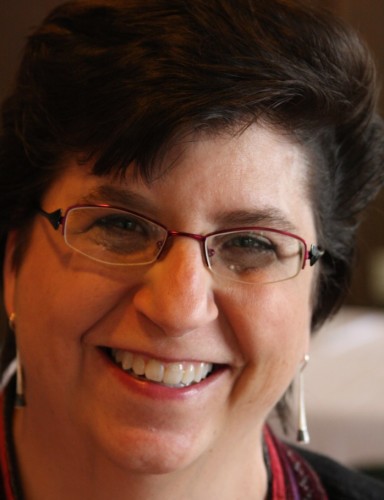
“My focus on race bubbled in my early years, by not understanding the differences I observed in the segregated communities in Cleveland. At UMASS-Amherst graduate school, I studied organizational systems and oppression, though the critical life lesson happened on campus after a World Series game. An African American male was beaten up by a gang of white football players. Now there was no turning back to working for justice. In St. Louis, we worked to create a dismantling racism initiative, CommUnity-St. Louis. It was then I started getting clearer about my role, responsibility, and accountability as a white privileged woman.”
Maggie has been building capacity and facilitating change of organizations and communities to collectively achieve racial justice for the past 25 years.
First working in higher education, then began working in non-profits, as a volunteer services director at an AIDS services and advocacy organization, then became Director of the Dismantling Racism Program at the National Conference for Community and Justice (NCCJ), St. Louis Region. The program, with over 190 graduates, led participants in a six-day residential Dismantling Racism Institute and they also received ongoing coaching and professional development. She was also project director and primary author of CommUnity-St. Louis, a comprehensive community initiative to address racism.
Maggie served as Senior Program Associate with the Joint Center for Political and Economic Studies’ Network of Alliances Bridging Race and Ethnicity (NABRE) program, a national effort to facilitate communication and provide support for 185 community-based race relations and racial justice organizations. She researched the response of Clarksburg, West Virginia to a KKK rally, which resulted in the publication, Steps Toward an Inclusive Community, and includes the “Inclusive Community Assessment Tool.” Maggie also authored Cultivating Interdependence: Guide for Race Relations and Racial Justice Organizations.
Potapchuk’s current consulting practice supports organizations seeking to align their policies, practices, and culture with their value of racial equity; work with communities to identify institutional and systemic racialized issues; design curriculum and facilitate workshops and retreats on racial equity; conduct research, environmental scans and curate best practices; and build networks and communities of practice to deepen and expand our racial justice work.
Her research includes: Community Change Processes and Progress in Addressing Racial Inequities; Flipping the Script: White Privilege and Community Building; and a recent article she also co-wrote, Paying Attention to White Culture and Privilege: A Missing Link to Advancing Racial Equity. She managed the development of www.racialequitytools.org. Maggie recently started, with colleagues, a White Privilege Facilitation Praxis group, with experienced facilitators to continue learning and increasing our effectiveness.
She is based in Baltimore MD with her partner of 25 years and Willie the cat who serves as vice president of morale.
